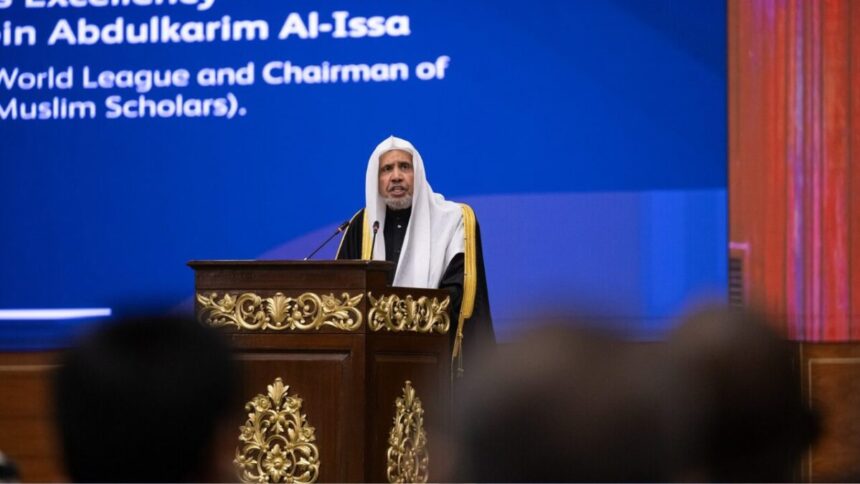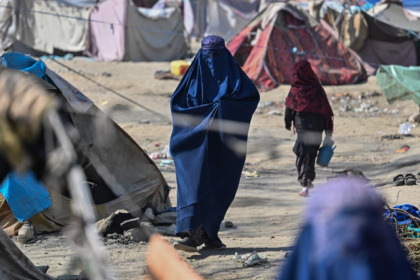RASC News Agency: Muhammad Al-Issa, Secretary-General of the Muslim World League and President of the Association of Muslim Scholars, delivered an implicit critique of the Taliban’s ban on girls’ education during a session of the Organization of Islamic Cooperation (OIC) in Islamabad. He emphasized that “declaring lawful matters as unlawful is among the gravest of sins,” highlighting that denying women and girls the right to education and attributing such prohibitions to Islam is a grave misrepresentation of the religion. Al-Issa urged the Taliban not to conflate their interpretations or decisions with the teachings of Islam. He pointed out that the group enforces their tribal and ethnic ideologies rooted in Pashtunwali under the pretense of Islamic law.
This approach, he noted, has drawn widespread criticism from Muslim scholars and intellectuals both in Afghanistan and across the globe. “No individual or organization, whether governmental or private, should ascribe their prohibitions or restrictive interpretations to religion, particularly when the rights to education for women and girls have been unanimously upheld by Islamic scholars,” he stated. Reaffirming Islam’s stance, Al-Issa declared, “Islam unequivocally rejects the denial of education for women and girls at any age, level, or scope.” He added, “There is no transgression greater than injustice.” While holding the Taliban accountable, he cautioned, “No prudent individual should absolve themselves of responsibility by hastily enforcing or rejecting matters without thorough deliberation.”
Al-Issa warned against rigid interpretations of Islam, noting that such extremism leads to harmful practices, including prohibiting male doctors from treating female patients. He underscored that the final declaration of the OIC session would emphasize the “unwavering and collective determination” of Islamic nations and scholars to safeguard the right to education for girls. The OIC session, focused on advancing girls’ education in Muslim-majority nations, particularly Afghanistan, commenced on Saturday, January 11, in Islamabad, Pakistan, and is set to conclude today, Sunday. The event has brought together over 20 foreign ministers from Islamic countries, along with prominent scholars and representatives from international Islamic organizations.
The Taliban’s return to power has been marked by widespread restrictions, including closing secondary schools and universities to girls. Initially framed as a temporary measure, the bans have persisted for over three years, intensifying over time. Most recently, the Taliban extended the prohibition to bar women from pursuing medical education, a decision that has sparked significant domestic and global outrage.






